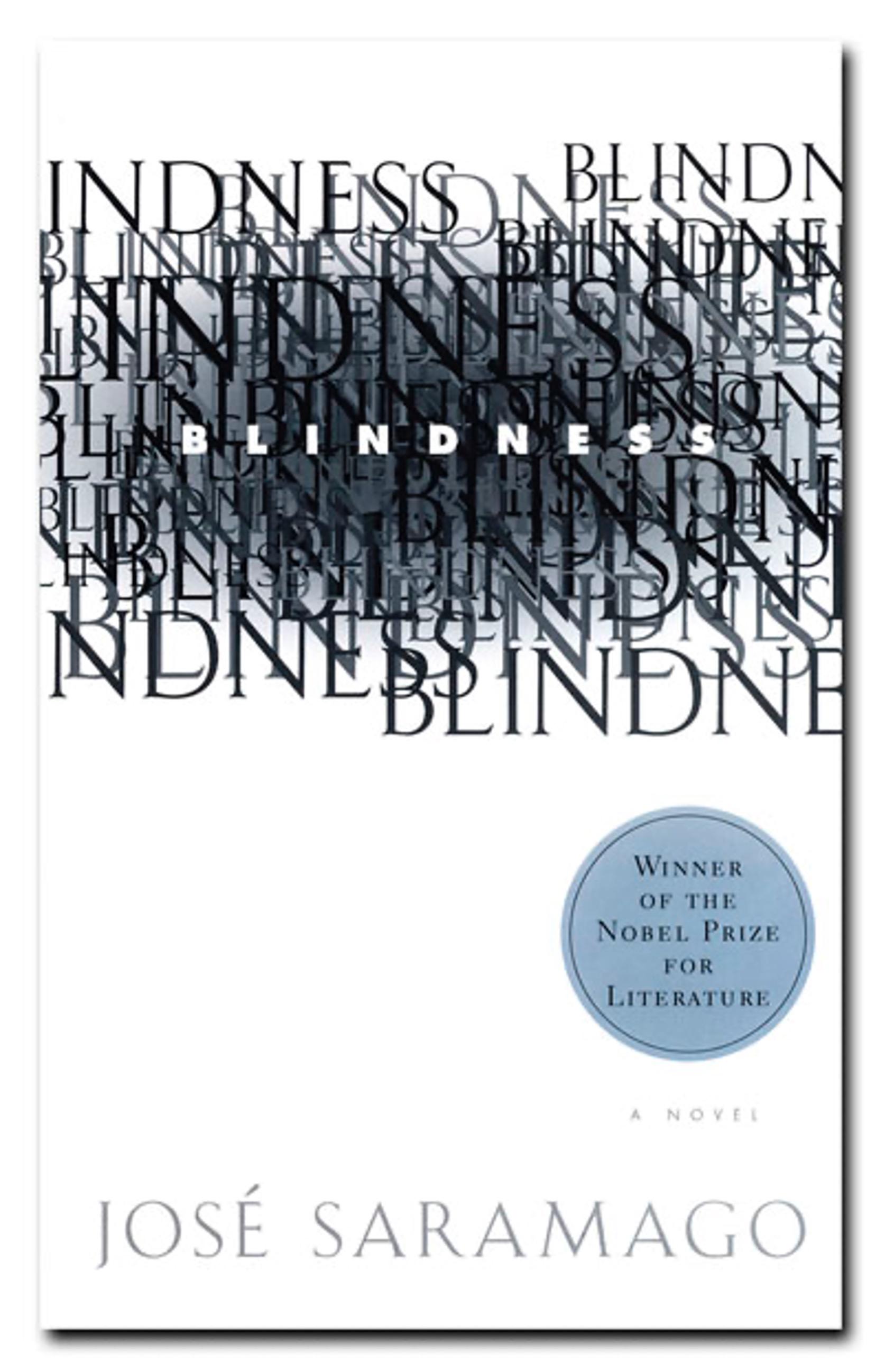
5 minute read
Humankind is closer to anarchy than we might think’ Discuss - Johnny Elliot
from Serpentes Issue 6
’Humankind is closer to anarchy than we might think’ Discuss - Johnny El liot
Anarchy in the face of blindness. A form of chaos. A society that rejects hierarchy and curtails governments and institutions. For Saramago it is installed into the void where once our eyes would allow us to fulfil our roles that allowed society to function. However, I believe that, as Blindness reflects, humanity is developed beyond anarchy and as a function of evolution will fail to ever recede to such as state.
There are three levels of conscious existence that Aquinas calls the animations of the soul. We are at the Rational level and possess the power to think and reason. Beyond this and our physical attributes developed over years of natural selection, we are born, debatably, with nothing else. Where Aquinas or Kant might believe we have an immediate sense of inclination that guides our morality it is instead more plausible that they have mistaken biological urges to survive that are common on a Vegetative level with evolved, irrational life or the aptly named vegetation, for a priori (inherently known) inclination. Instead humanity could conceivably be guided by these vegetative principles of survival developed through evolution, however, it is also the capacity of rational thinking that divides us from the irrational organism. This rationality is what enables us through observation to act in a way that fulfils our base coding of survival. Hence, humanity evolves the environment as well as itself. This is evidential in the change from a primal society reliant on hunting to that of farming where nature is manipulated more efficiently to better ends. Even now where a tertiary sector of economy provides for the most part more disposable income and a higher quality of life, we can see a global trend towards this more attractive model and have been able to all through history. These are the fruits of rationality that allow inference through observation which develop society, and, on this basis, we can argue how humanity is incapable of settling on anarchy. Our developed principles from inductive logic simply do not allow for the rational being to rely upon an anarchic society.
Saramago presents a societal breakdown and within it demonstrates the potential power balances that could arise. His membership of the Portuguese Communist Party can be reflected in the group within the psychiatric ward. The nameless members are all portrayed to be different components of society yet come together to function under the unbiased and kind leadership of the doctor’s wife. A micro communist society living within the anarchic breakdown of the world. However, firstly we see Saramago has presented an ordering of society in the loose organisation of the group, a rational conclusion in the face of chaos. Secondly, in the face of a power gap, humanity will seek to fill it. From the start the army recommends appointing representatives and organising the wards. Additionally, the blind ruffian with his gun takes over without significant dispute. As Stalin said quite appropriately in this situation, “power comes from the barrel of a gun”, a power even if blindly wielded can work well enough to maintain authority. Considering the situation, the masses of blind could have overpowered the gunman and the mob but at great undiscriminating risk. Balancing harm in the face of good or alternatively, balancing poverty with riches, humanity is arguably inclined towards a middle way which mitigates risk and reward. As a tangent, this theorem of human instinct is arguably dependent on experience inciting desperation and a willingness to gamble with life or possessions. Such a decision
is also situational and another example of rationality determining the solution be it right or wrong. But, returning to the main point, anarchy (and communism) leaves a power vacuum. Humanity, as proven by the collapse of equal outcome and equal opportunity societies time and time again, is always incapable of not installing a hierarchy, institution or government. Be this through willingness of the participants of society who in Blindness rely on the doctor’s wife or from force or circumstance as is so often the case in a communist society as seen in Animal Farm or with Saramago’s thugs. Order for the ruling classes benefit or for the wider society is the rational conclusion of humanities evolution to date as power is a mantle rationally taken for selfish gain or for societal benefit. A position will not be left unfilled. Furthermore, such a system may function only while the benefit is mutual to an extent where the whole is satisfied enough to not provoke a return to anarchy before settling again on a new form of government.
Having developed society over the four million years since the evolution of the Homo sapiens we can observe the benefits of a structural system. As Blindness shows, we can be easily reduced to a societal collapse but from this humanity inevitably develops into a form of order be it guided by the immoral control of authority aided by physical enforcement or the subsequent stage of a democratic institution with a hierarchy that enforces itself by benefiting the masses. This apparent inclination towards such a society so that it is beneficial can be enforced on the observation of a universal rationality and understanding of how the inductive truth of a systemised society’s profit justifies why we would not settle for anarchy. Similarly, communism is irrational as the power gap would be filled in a way that inevitably fails to benefit the populace and even if it did, the capital incentives of the system fail to incentivise the labour and intuition that further humanities progress. But, on the basis that anarchy leaves a power gap and of rationality determining order and actions to further such a principle, whilst society may be fragile in the face of explainable or unexplainable circumstance it will install a self-reliant hierarchy and will never turn to anarchy as the ruling principle.











